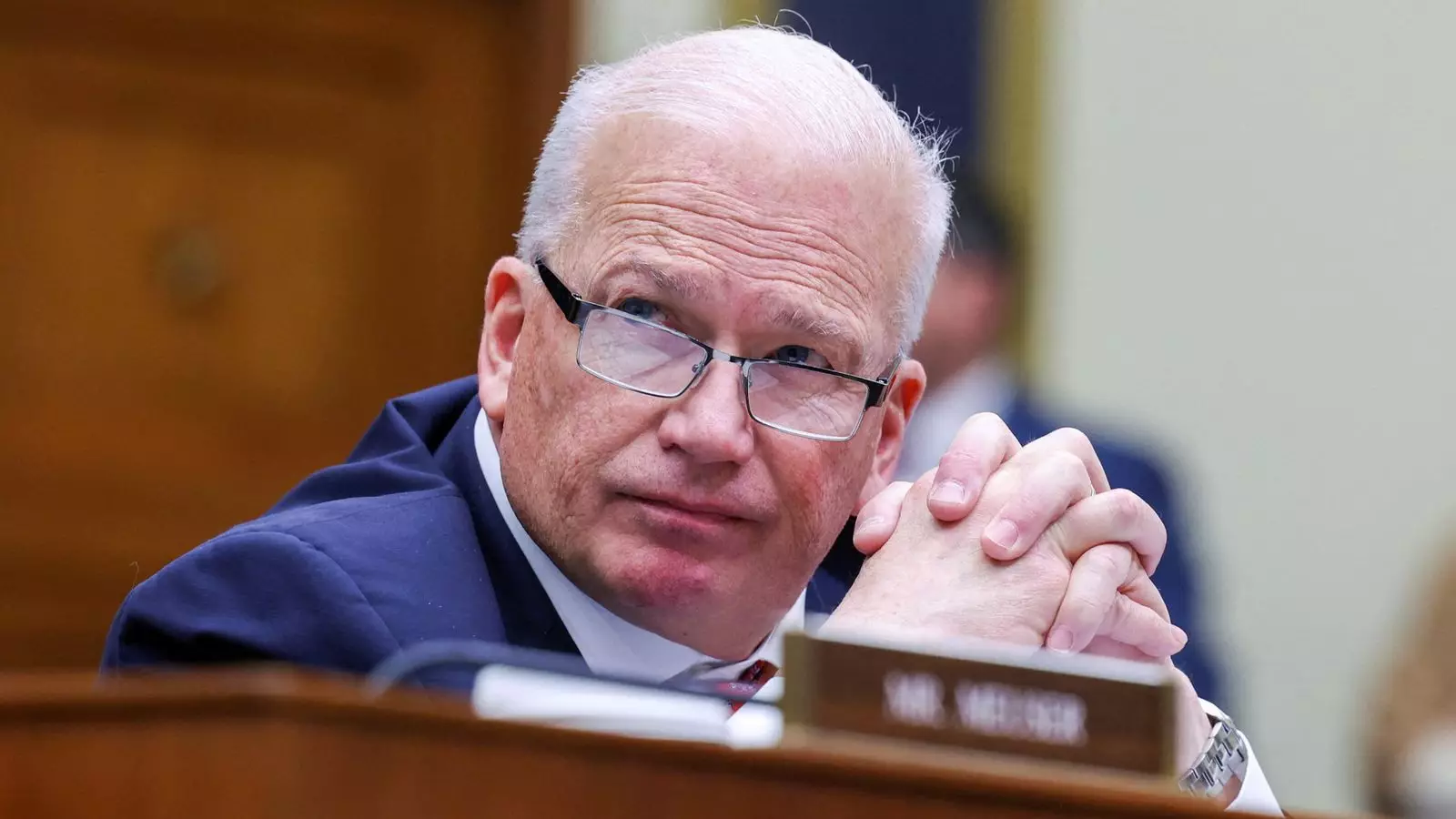In recent discussions, high-powered figures from the United States have hinted at an insidious strategy: that behemoth tech corporations like Meta, Apple, and Microsoft might band together to oppose regulatory efforts enacted in Europe and the UK. Such a proposal, cloaked in the language of unity, masks a dangerous pursuit of corporate shielding that undermines democratic oversight. It’s a calculated attempt to carve out a centralized, corporate-driven block capable of resisting international efforts to hold big tech accountable for the societal harm it fosters.
The idea isn’t rooted in mutual interest or shared values but in strategic defiance against legislation designed to rein in the excesses of unchecked digital influence. These regulations aim to preserve public safety, uphold free expression, and foster a healthier digital environment. Yet, the allure of collective resistance—allegedly to “fight off” regulation—exposes a troubling prioritization of corporate profits over societal well-being. It’s a reliance on a common front of economic power rather than genuine cooperative governance or transparency.
The Power Dynamics of Corporate Alliances
When high-profile politicians, particularly those aligned with Trumpist ideology, promote the notion of a united front, it signals a shift from safeguarding free enterprise to wielding corporate influence as a political weapon. Their push to resist legislative moves isn’t just about defending industry interests but about maintaining a lucrative status quo that marginalizes public input and democratic oversight.
This collusion among monopolistic tech giants reveals a systemic weakness: the willingness to leverage their collective influence to drown out legislative voices, especially from smaller entities or civic groups advocating for fair regulation. Instead of seeing these corporations as entities that should be held accountable for their societal impacts, the narrative promotes a conspiratorial view of regulation as an external threat—a notion that erosion of public safety and democratic discourse is a secondary concern.
The suggestion of a “united front,” whether formalized or implicit, transforms the landscape from a pluralistic battleground into a corporate fort. When these giants stand together against legislation rooted in safeguarding public interest, it reveals an alarming entrenchment that favors corporate dominance over societal resilience. This development undermines not only regulatory efforts but also the very foundations of democratic governance that rely on open debate and accountability.
Political Rhetoric and the Weaponization of Regulatory Resistance
The political framing around these discussions is telling. Leaders like Fitzgerald and Jordan deploy language that exaggerates threats and dismisses legitimate regulatory concerns as attempts at censorship or suppression. Their discourse often echoes a populist fear of government overreach, but it conceals a deeper agenda: shielding powerful corporations from meaningful regulation that could curb their excesses.
This rhetoric creates a dangerous dichotomy, positioning big tech firms as victims of overzealous legislation, rather than recognizing their role in spreading misinformation, enabling harmful content, and manipulating public opinion. Such framing not only erodes trust in regulatory institutions but also perpetuates the myth that corporations are inherently powerless against government influence—when in reality, they are orchestrating powerful resistance to maintain their privilege and influence.
Moreover, the narrative conveniently dismisses the significant societal harms caused by unregulated platforms—like inciting violence, manipulating elections, and spreading dangerous content. By framing regulation as an attack on free speech, these political actors distract from the need for accountability and allow corporate interests to continue unchecked. It’s a strategic misinformation campaign, cloaked in the language of free enterprise, masking its underlying intent to preserve corporate dominance at the expense of democratic health.
The Future of Democratic Accountability in a Tech-Dominated World
The push for a corporate alliance against regulation spotlights an even more profound problem: the erosion of democratic accountability in the digital age. Big tech companies wield unprecedented influence that rivals national governments — they shape public discourse, control access to information, and impact democratic processes. When these entities conspire or act in concert to shield themselves from regulation, democratic voices are silenced in favor of corporate interests.
It’s time to question whether the American political establishment, particularly those skeptical of regulation, prioritize the long-term health of the digital ecosystem or are merely conjoined to the short-term gains of their corporate sponsors. Clear boundaries must be drawn that hold these giants responsible for their societal role, rather than allowing them to forge behind-the-scenes alliances that threaten transparency, competition, and public safety.
Ultimately, this proposed united front isn’t about protecting consumers or fostering innovation; it is about consolidating corporate power and thwarting meaningful governance. Democratic societies must recognize this danger and refuse to allow a handful of monopolists to dictate the rules of engagement in our digital lives. To do so risks transforming the internet into a corporate-controlled space where accountability is a casualty—and society as a whole bears the cost.


Leave a Reply